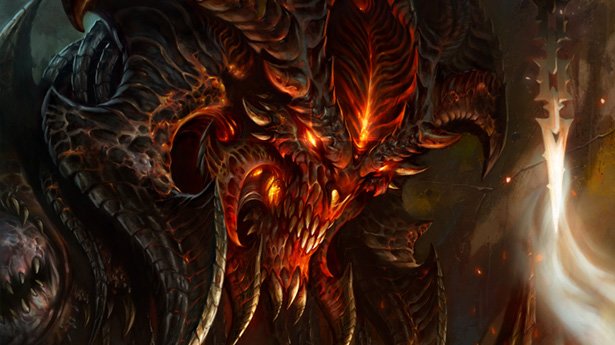It seems to me that one of the most common arguments about video game pricing, especially within the PC market, revolves around the frequency of sales. For those of us who love PC gaming, we are all familiar with Steam and its weekly deals. On a normal week, Steam carries both a mid-week sale and a weekend sale, each of which will see massive savings on available games. One strange side effect I’ve found is that several people now use these sales as a criticism of other systems such as EA’s Origin and Blizzard’s Battle.net.
To be quite frank, Gabe Newell put it best when he broke down exactly how much more money developers who are working with will make from their games. Sales increasing by a factor of forty are impeccable. The fact that doing business with Valve on PC could mean great profits for PC development is out there for anyone to realize. In fact, several independent developers have seen increased success. Would Frictional’s Amnesia: The Dark Descent have fared worse without it? One would think so, despite Yahtzee Crowshaw’s pining over the game on his weekly show Zero Punctuation.
At the same time, I don’t really think that it’s a valid criticism against certain franchises being consistently sold for full price. I think that a large part of it comes from a business being able to read the market. Though I could write an overly long essay on exactly how it is that these rates are calculated, the end-all thought behind pricing is “what can I get away with?” The best way to gauge what profits you can make is the seller knowing whether or not you have exactly what an audience wants.
Case in point is Blizzard’s constant pricing of its two titles of the past two years, Diablo III and Starcraft II: Wings of Liberty at sixty dollars, when several other games that are within the same genres (namely Dawn of War II and Torchlight) saw price drops and/or generally lower prices. To be frank, Blizzard knows exactly what they have on their hands. Starcraft, Warcraft, and Diablo are arguably three of the most popular franchises in history, with rabid fan bases who hold these titles near and dear to their hearts. Quite frankly, putting these games on sale before the time is right is just bad business.
I know that this thought of mine might make some irate, but allow me to explain my perspective. My day job is that of a hotelier, and I’m in the business of selling rooms. Said sales put food on my table and give me the internet access to bring my ideas straight to your monitor. The rates that we charge are determined by the general manager and I looking at the rates of our competitors, our sales figures, and then looking at the services we provide. We then decide how much each room should cost based on value, and how much leeway we can have with the pricing when it comes to our customer base. If people are willing to pay for it, we’re going to charge it.
At the same time, I don’t share the opinion that having a sale or allowing discounts in any way devalues a product. If anything, it’s a hooking point. Feed someone the best biscuits and gravy they’ve had in their life for $2.50, and you’ll find that later on down the line they’ll be willing to pay twice that. At the same time, there’s absolutely nothing wrong with charging that same full price if you can sell out your restaurant for breakfast, lunch, and dinner. At that point, you could swim in your profits like a modern day Scrooge McDuck.
Though some people I know are gung-ho about criticizing Blizzard for some of their issues (which I’ll freely admit are there, but also freely admit that I don’t care), their choice to keep their games at a high price is not one of them. Let’s take this into account: Diablo III sold 3.5 million copies on launch day. For a PC game, that’s downright unheard of. I think it’s safe to say that with that kind of popularity, the price is justified considering it’s known that it can be sold at that rate and be bought by millions. The same can be said of Activision’s Call of Duty franchise, EA’s Battlefield, and so forth.
To sum it all up, I think that a smarter attitude needs to be applied by businesses when it comes to game sales. Developers and producers needs to be asking exactly what they’re looking to accomplish with their pricing and sales, and how much they feel they can sell the game while being reasonable. Though certain games and ideas may seem like the enemy of the gamer’s wallet, ultimately the industry is just that. It’s an industry, and thus is not looking to please the crowd as it is please the crowd for a nominal fee. Thinking that it is anything else is simply a romanticized idea that has no place within real life.
Ever the Devil’s Advocate
-Micah Curtis
Feel free to follow me on Twitter for my rambling madness!

